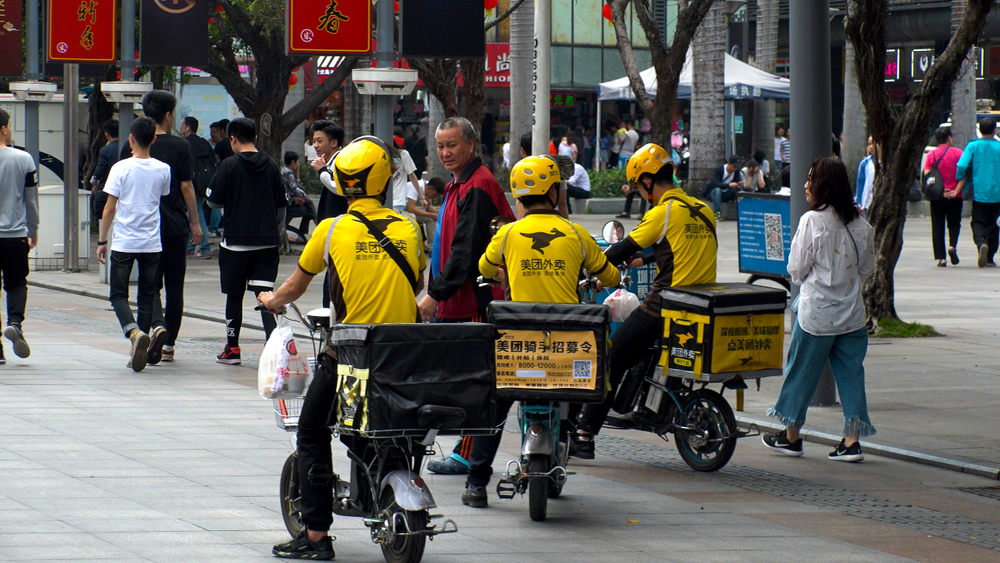China Rushes to Improve Conditions for Delivery Workers: A Step Toward Fairer Gig Economy
In China’s fast-paced digital economy, food delivery riders and couriers are the unsung heroes who keep cities running. Rain or shine, they zip through traffic to deliver meals, packages, and essentials—often at the cost of long hours, low pay, and high risks. Now, Chinese authorities are stepping in to protect gig workers with new regulations and improved working conditions.

Why the Sudden Push for Change?
The gig economy in China has exploded, with millions relying on platforms like Meituan, Ele.me, and JD.com for income. However, reports of exploitation, accidents, and extreme work pressure have sparked public outcry. In response, the government is taking action to:
✔ Ensure fair wages – Preventing unfair pay cuts and unreasonable fines.
✔ Limit excessive working hours – Reducing the risk of overwork and fatigue-related accidents.
✔ Improve safety measures – Providing better insurance and protective gear.
✔ Enhance job stability – Exploring ways to offer more benefits and long-term security.
The Human Cost of “Gig Work” in China
Delivery riders face brutal conditions:
12+ hour shifts just to make ends meet.
Dangerous traffic risks—many work without proper insurance.
Algorithm pressure—strict delivery deadlines leading to reckless driving.
Low job security—no sick leave, pensions, or union protections.
A viral video of a delivery rider breaking down in tears after a delayed order went viral, highlighting the immense stress these workers endure.
What’s Changing? New Policies for Delivery Workers
China’s government has introduced reforms to balance gig economy growth with worker rights:
1. Minimum Earnings Guarantee
Some cities are testing minimum wage standards for delivery workers, ensuring they earn a livable income regardless of order volume.
2. Algorithm Adjustments
Platforms like Meituan have been ordered to soften delivery time pressures, giving riders more flexibility and reducing reckless driving.
3. Accident & Health Insurance
New policies require companies to provide better insurance coverage for injuries and accidents on the job.
4. Unionization & Worker Representation
Authorities are encouraging collective bargaining so riders have a stronger voice against unfair treatment.
Challenges Ahead: Will Reforms Work?
While these changes are promising, enforcement remains a hurdle:
Will companies comply, or find loopholes?
Can wages keep up with rising living costs?
Will riders actually see improvements, or just superficial changes?
The success of these policies will depend on strict monitoring and worker advocacy.
A Step Toward a Fairer Gig Economy
China’s push to improve delivery workers’ conditions is a major shift in how gig workers are treated globally. If successful, it could set a new standard for the future of flexible work—one that balances efficiency with dignity, safety, and fair pay.
Final Thought: Respect for the Invisible Workforce
Next time you get a delivery, remember the person behind it. These reforms are a reminder that economic growth shouldn’t come at the cost of human welfare.
What do you think? Should other countries follow China’s lead in protecting gig workers? Share your thoughts below!